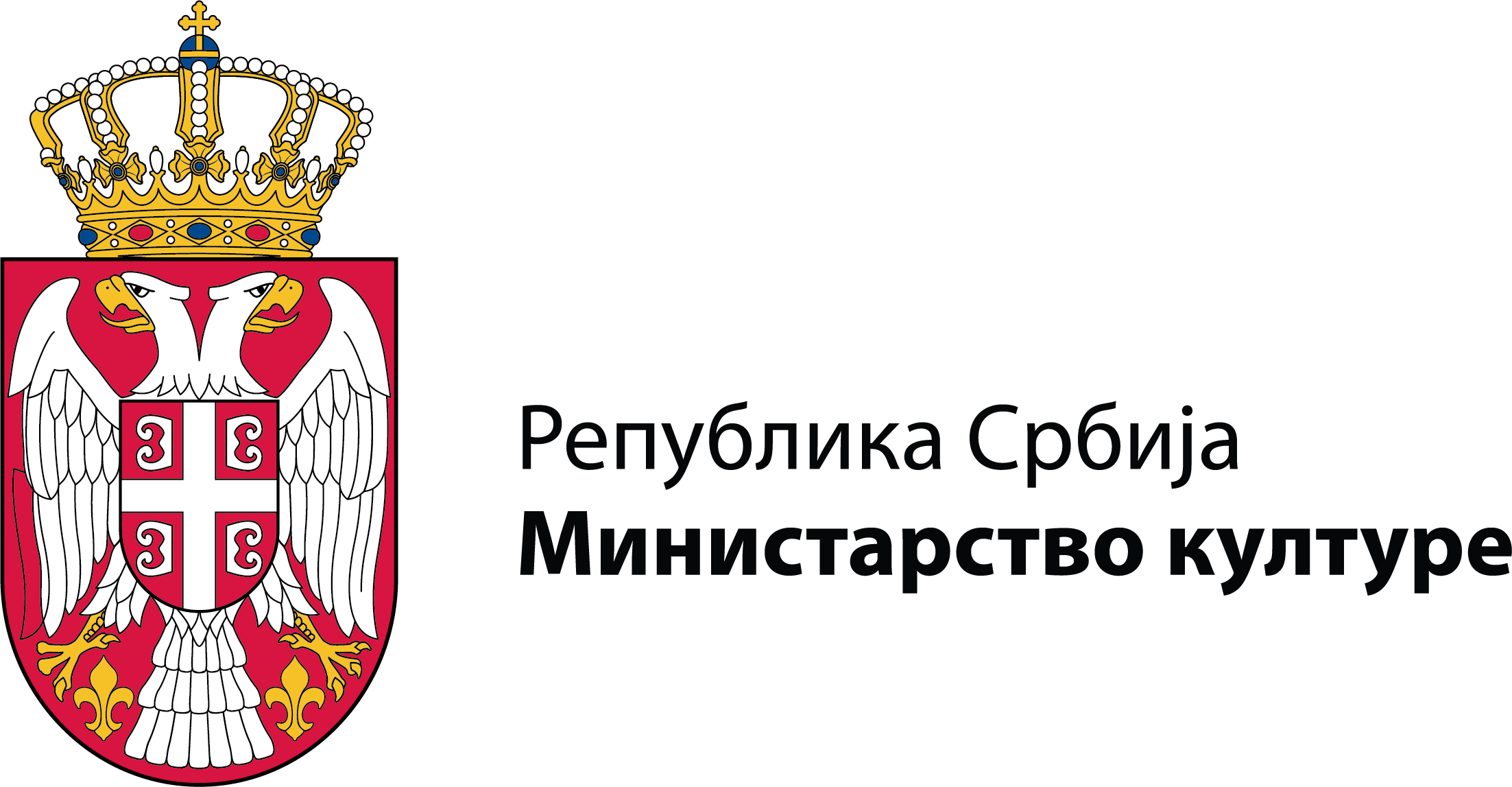The exhibition marks the guest appearance of the Ethnographic Museum in Belgrade and presents to the public a valuable selection from the collection of Nadežda Petrović, one of the most significant Serbian artists and social activists of the early 20th century.
The display features 51 objects from her collection, revealing a lesser-known aspect of her work—her dedication to preserving material culture as a means of establishing and expressing national identity. Alongside her painting oeuvre, Nadežda devoted great effort to collecting pieces of traditional costume, textiles, jewellery, and other artefacts, recognizing in them the authentic expression of the people’s spirit and aesthetics.
Among the most notable exhibits are a shirt from Kumanovo and a vest (jelek) from Mačva, as well as items from Kosovo and Metohija and North Macedonia—shirts, aprons, socks, caps, and ornaments richly decorated with motifs characteristic of Serbian costume under Ottoman rule. A special segment of the exhibition includes objects Nadežda collected during her stay in Sićevo, featuring elements of traditional dress from the second half of the 19th century.
The exhibition is further enriched with visual material, including Nadežda Petrović’s artistic postcard from 1905 depicting Pirot weavers, and a 1908 photograph showing the artist wearing a dress adorned with Kosovo embroidery—illustrating how she incorporated traditional folk creativity into her artistic and ideological expression.
An accompanying catalogue provides a complete scholarly overview of Nadežda Petrović’s ethnographic collection and offers valuable insight into her collecting activities as a contribution to the study of early 20th-century cultural policies.
The exhibition will be open to visitors from 20 November 2025 and will run for approximately one month, with the possibility of extension.

